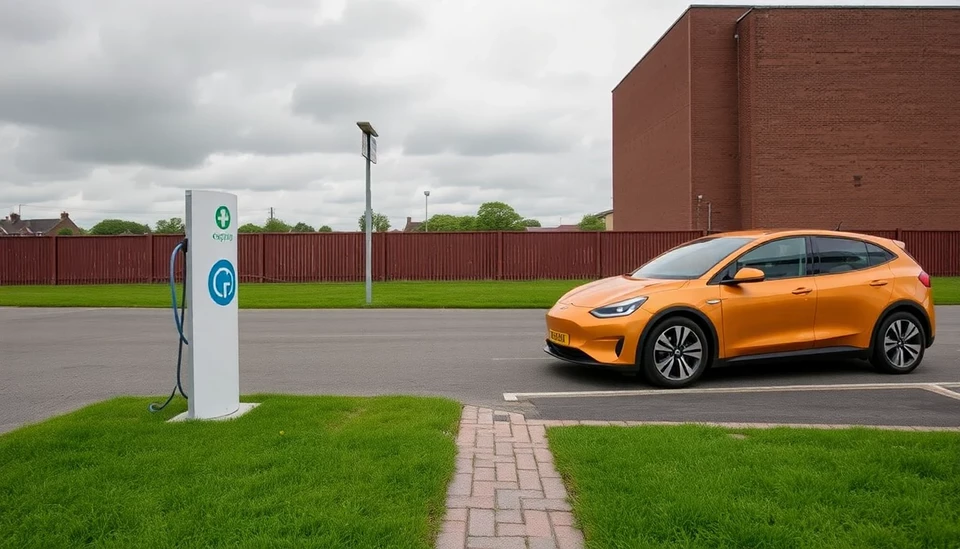
The UK government has recently made a significant shift in its approach to electric vehicle (EV) mandates, opting to yield some of its stringent requirements as car manufacturers continue to fall short of production and sales targets. This unexpected move highlights the current challenges faced by the automotive industry as it transitions toward electrification amidst a fluctuating market landscape.
Initially, the UK government set ambitious goals aimed at accelerating the transition to electric vehicles, setting a target for all new vehicles to be zero-emission by 2030. However, the latest evaluations indicate that many car makers have struggled to keep pace with these aggressive targets. As a result, policymakers have acknowledged that their initial expectations may have been overly optimistic, prompting a reevaluation of the mandate timeline.
Sources within the government have indicated that a more flexible approach may be necessary in light of continued supply chain issues and the lingering impact of global semiconductor shortages, which have hindered production capabilities. The automotive sector has faced various obstacles, including rising raw material costs, which have made it increasingly difficult for manufacturers to ramp up EV supply rapidly.
This decision to reassess the mandate comes after intensive lobbying from auto manufacturers, who have expressed concerns over the feasibility of meeting the original deadlines without significant improvements in production logistics and consumer adoption rates. A spokesperson from a leading automotive group stated, "The transition to an electrified vehicle lineup requires time, investment, and consumer readiness, and we simply need a more realistic timeframe to achieve these goals."
Moreover, during discussions on this topic, various stakeholders within the automotive and sustainability sectors raised alarms about the risk of alienating consumers by pushing too far, too fast. Reports suggest a growing consumer anxiety regarding the availability of EV-friendly infrastructure, such as charging stations, which is critical for widespread adoption.
In an effort to ensure a balanced approach, the government is now contemplating phased targets that would allow manufacturers to gradually increase their electric vehicle output. Analysts predict this flexibility could foster a more stable growth environment for EV production while providing consumers with ample opportunity to adapt to the changing market.
Despite the setbacks, some progress has been made in the EV sector, with several manufacturers announcing new investments in battery technology and electric vehicle infrastructure. The hope is that, with more time for adjustment, both manufacturers and consumers will align more closely on what it means to transition to a sustainable, electric automotive economy.
The UK government's pivot on EV mandates marks a critical juncture in its commitment to environmental sustainability and serves as a reminder of the complexities involved in such a transformative shift in the automotive industry. As this story develops, industry leaders and lawmakers will continue to navigate the challenges ahead, striving to create a viable pathway toward a greener future.
#UK #ElectricVehicles #EV #Sustainability #AutomotiveIndustry #GovernmentPolicy #CleanEnergy #TransportationFuture #ClimateChange
Author: Victoria Adams




